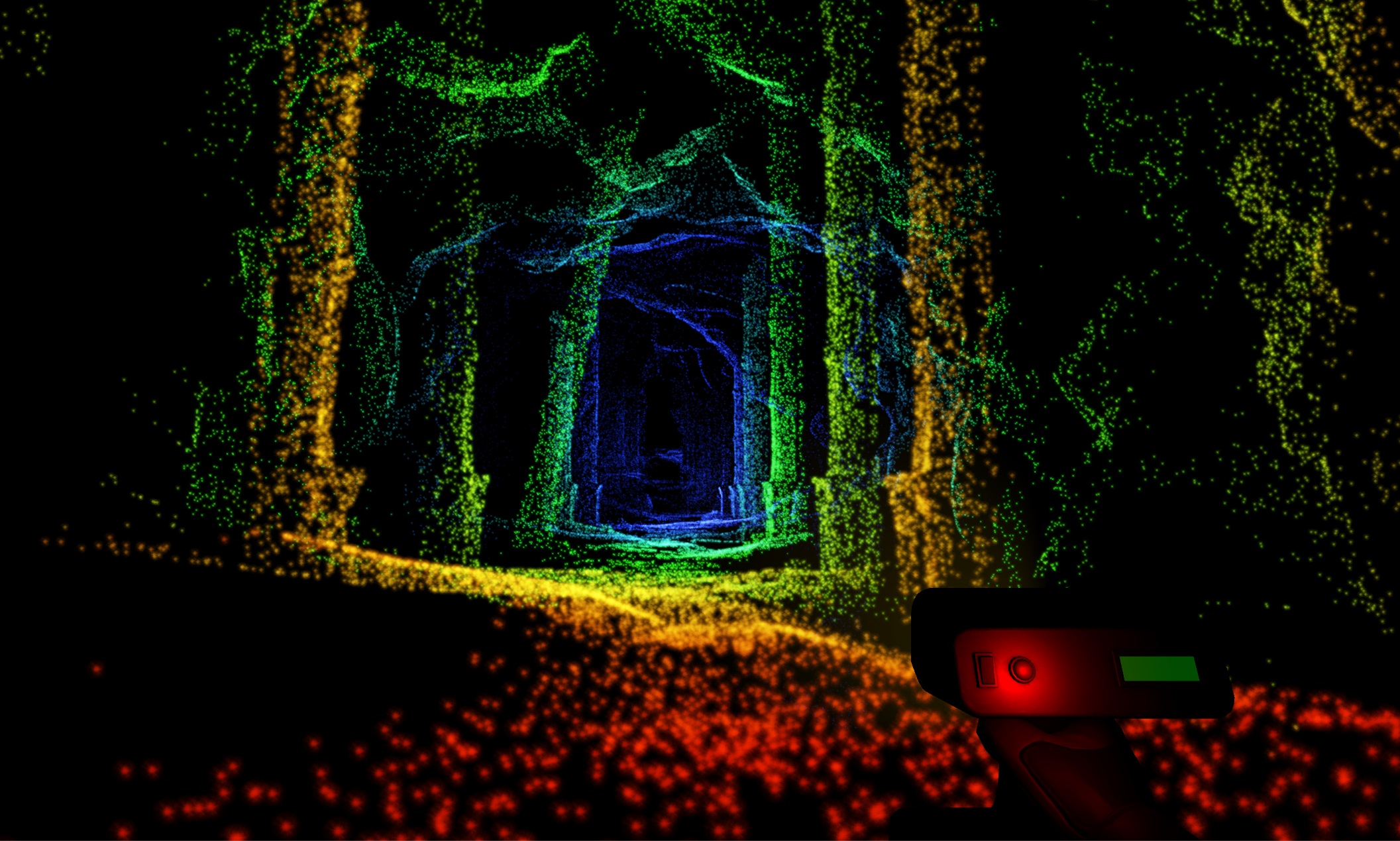In the rapidly evolving landscape of technology, Lidar scanners have emerged as a groundbreaking innovation, revolutionizing various industries with their precision and efficiency. From mapping terrains thehawaiireporter.com to enhancing autonomous vehicles’ capabilities, Lidar scanners play a pivotal role in shaping the future. In this article, we delve deep into the intricacies of Lidar scanner technology, exploring its applications, benefits, and the exciting possibilities it brings to the table.
Table of Contents
Understanding Lidar Scanner Technology
What is Lidar?
Lidar, short for Light Detection and Ranging, is a remote sensing technology that uses laser light to measure distances with exceptional accuracy. This technology operates on the principle of sending laser pulses and measuring the time it takes for the light to return after hitting an object. collecting and analyzing this data, Lidar scanners create highly detailed 3D maps of the scanned environment.
Applications Across Industries
1. Autonomous Vehicles:
Lidar scanners are integral components in the development of autonomous vehicles. These scanners provide real-time, high-resolution mapping of the surroundings, enabling vehicles to navigate safely and make informed decisions.
2. Surveying and Mapping:
In the field of geospatial surveying, Lidar scanners are invaluable tools. They facilitate the creation of accurate and detailed topographical maps, aiding urban planning, forestry management, and disaster response.
3. Environmental Monitoring:
Lidar technology is employed in environmental research to monitor vegetation, assess deforestation, and track changes in ecosystems. Its ability to penetrate dense vegetation sets it apart in studying inaccessible terrains.
4. Construction and Architecture:
Lidar scanners enhance efficiency in construction and architecture by providing precise measurements and detailed models. This aids in project planning, reducing errors, and optimizing resource utilization.
Advantages of Lidar Scanner Technology
- High Precision: Lidar scanners offer unparalleled precision, making them indispensable in applications where accuracy is paramount.
- Speed and Efficiency: The speed at which Lidar scanners capture data allows for swift mapping and real-time decision-making, particularly crucial in dynamic environments.
- Versatility: The versatility of Lidar technology enables its application in various industries, showcasing its adaptability and wide-ranging benefits.
- Enhanced Safety: In the automotive industry, Lidar scanners contribute to enhanced safety by providing a 360-degree view of the vehicle’s surroundings, identifying potential hazards in real time.
Future Prospects and Innovations
As technology continues to advance, the future holds exciting possibilities for Lidar scanner technology. Anticipated innovations include improved miniaturization, enhanced range capabilities, and increased affordability, making this technology more accessible across industries.
Conclusion
In conclusion, Lidar scanner technology stands as a testament to human ingenuity and its ability to transform industries. From navigating autonomous vehicles to creating detailed environmental maps, Lidar scanners have proven their worth in diverse applications. As we look towards the future, the continued evolution of Lidar technology promises even greater feats, unlocking new realms of possibilities.
